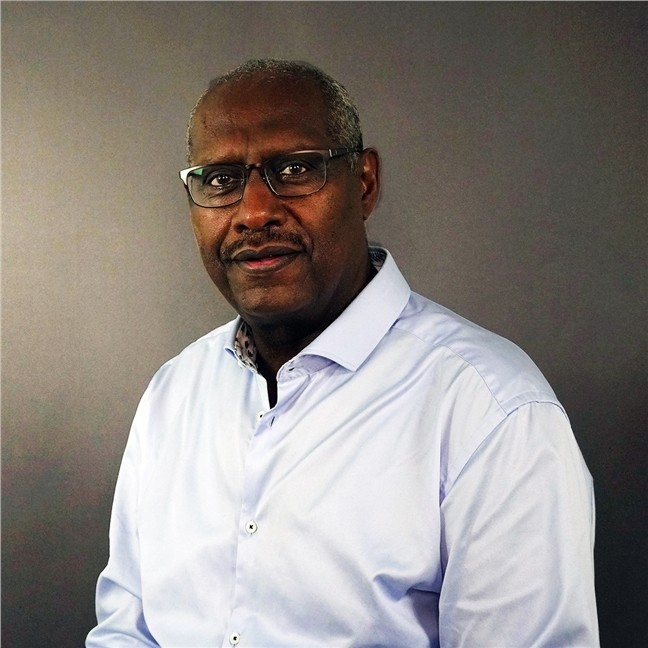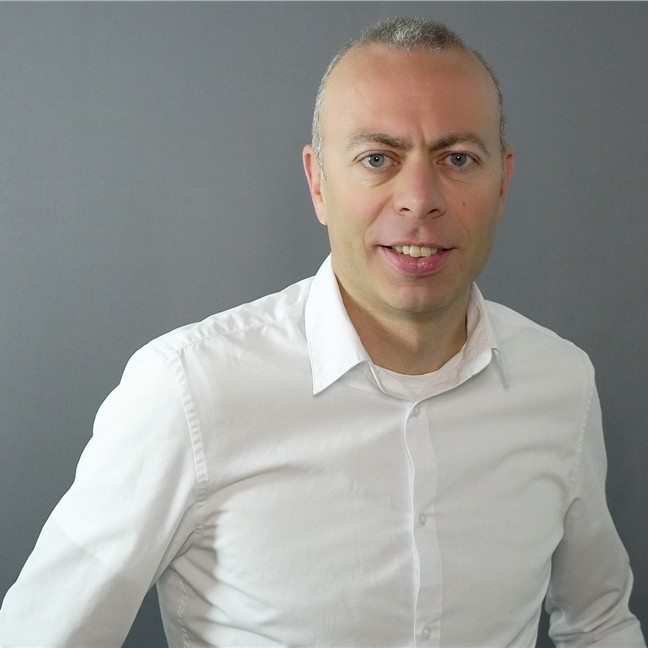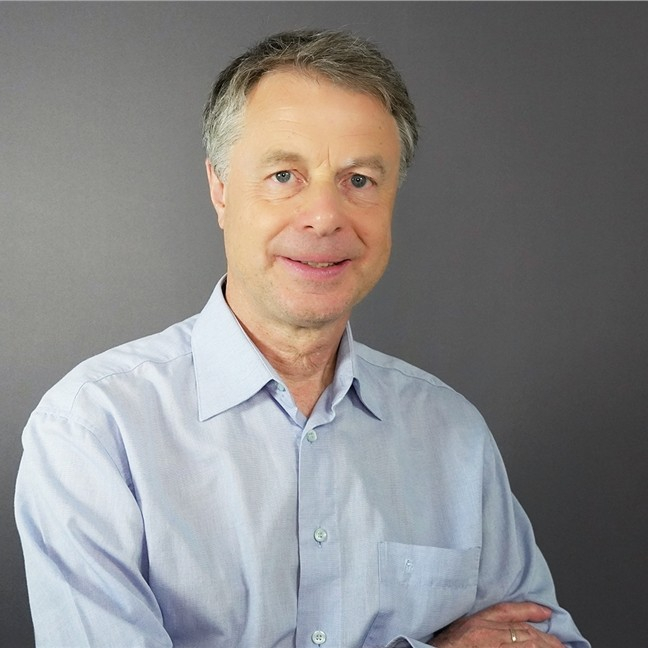Trustworthy and sustainable AI (ENFIELD)
- Department Applied research in information and communication technology, Image analysis and Earth observation, Statistical modelling and machine learning
- Fields involved Digital security and privacy, Earth observation, Explainable Artificial Intelligence
- Industries involved Health, Technology and industry, Climate and environment
ENFIELD focuses on artificial intelligence (AI) that is reliable, adaptive, green and human-centred. The centre brings together leading research environments from across Europe and connects several sectors, including healthcare, energy and industry, with research areas such as explainable AI (XAI), digital security and Earth observation.
Through this collaboration we explore how AI can be developed and applied in ways that are transparent, responsible and safe.

A European collaboration for reliable AI
ENFIELD aims to promote research excellence in artificial intelligence to strengthen the EU’s global competitiveness.
The collaboration brings together a dynamic European AI network comprised of 30 member organisations from 18 countries. The members are leaders in their respective fields and includes universities and research institutes, private companies and representatives from the public sector.
ENFIELD develops algorithms and prototypes in artificial intelligence with the goal of combining scientific excellence and practical application. The centre is expected to produce a significant number of scientific publications that will contribute to new knowledge across sectors.
Through the centre’s innovation schemes, individual researchers and smaller projects have the opportunity for test new ideas in practice, for example through summer schools and collaborative events such as hackathons. These initiatives help foster an active and inclusive research community.
Together we explore key questions at the intersection of research and innovation, with a shared goal of contributing to tangible socioeconomic change for the benefit of both citizens and industry.
Understanding AI
Artificial intelligence includes statistical models, machine learning and expert systems. Despite major technological advances, AI can still be difficult to interpret, even for experts.
We work to develop models that can explain how AI functions and how it reaches its conclusions. In ENFIELD, we focus particularly on methods that support stakeholders who use artificial intelligence for decision support, for example in risk modelling.
Take a model that calculates the risk of an important event, such as a machine malfunctioning or a company going bankrupt. Anyone using the results to support their assessment depends on understanding which factors the tool has emphasised and how reliable the calculation is. Has the model gone off track, or has it weighted the wrong elements? This kind of insight is essential for making trustworthy assessments.
Within the framework of ENFIELD, we collaborate particularly closely with Telenor, which is applying artificial intelligence in an increasing share of its operations, in Norway and abroad.
Foundation models for flood mapping
In addition to explainable AI, we work with foundation models for Earth observation data with a particular focus on flood mapping.
A foundation model is a type of artificial intelligence trained on large and diverse datasets, enabling it to recognise patterns and solve a wide range of tasks. The foundation model developed by NR in the ESA-funded FM4CS project learns from satellite data by multiple sensors and combines radar and multispectral imagery for environmental observation and analysis. This model is in active use through our work in ENFIELD.
Floods can cause extensive material damage, and gaining a rapid overview is crucial when the water rises. Using radar satellites (SAR) such as Sentinel-1, we can observe environmental events regardless or weather and light conditions. With foundation models we can harness this type of data more effectively by identifying areas at risk of flooding and track developments over time.
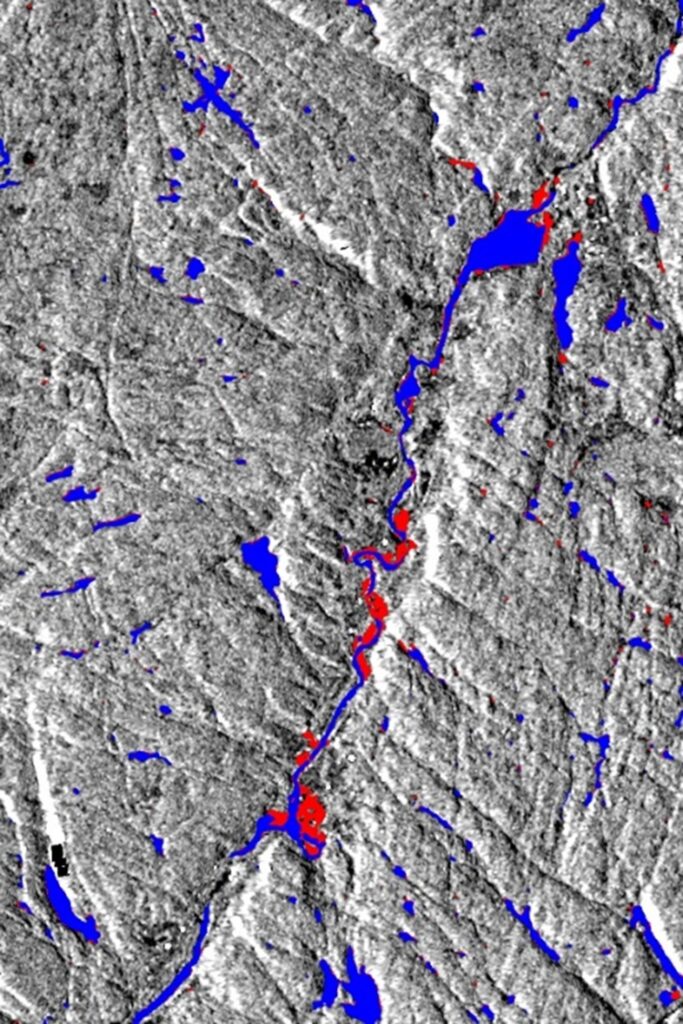
Traditionally, AI-based models for Earth observation have required large volumes of annotated data, but foundation models significantly reduce this need. We are are also exploring how information from lakes and rivers under normal water levels can be used to train the flood model and improve the models understanding of flood conditions.
Our aim is to contribute to more precise and efficient flood monitoring, including in areas with limited data, and thereby support a more knowledge-based and socially beneficial approach to environmental management.
Adaptive AI and safety
In the field of digital security, we work to make AI systems more flexible and efficient by using federated learning. This method enables local training that improves privacy, speed, and energy efficiency without sharing sensitive data. The work also includes exploring adaptive model selection, few-shot learning, and the use of deep neural networks that help systems handle new data and situations with limited annotation.
In healthcare, we develop digital twins that strengthen resilience by detecting and responding to cyber threats in real time. These systems continuously analyse performance and adjust to changing conditions, helping improve reliability and situational awareness in complex environments.
We also contribute to ENFIELD’s Safety and Security Risk Assessment Framework, which provides a shared approach for assessing AI-related risks across sectors. The framework will ensure that safety and trust are built into all parts of research and development.
To learn more about our work in ENFIELD, please contact:
Project: European Lighthouse to Manifest Trustworthy and Green AI (ENFIELD)
Funding: Horizon Europe
Period: 2023 – 2026
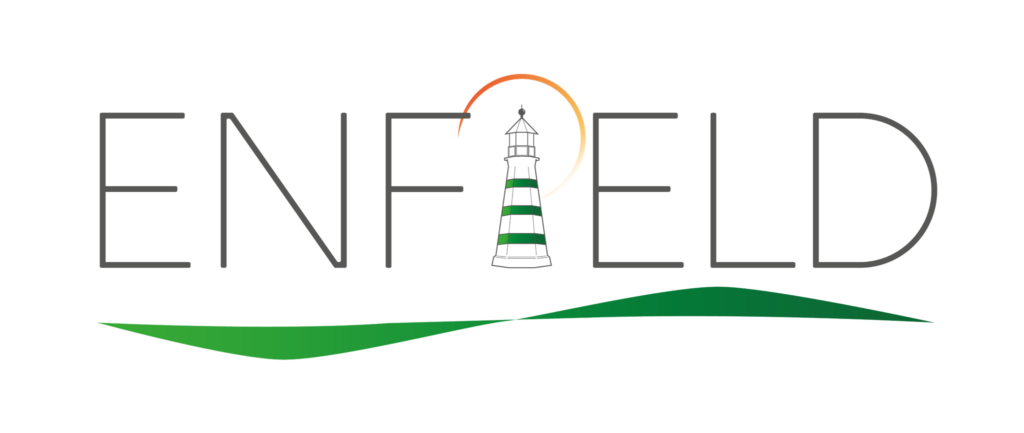
Further resources
ENFIELD (external project page)
Explore our focus areas
